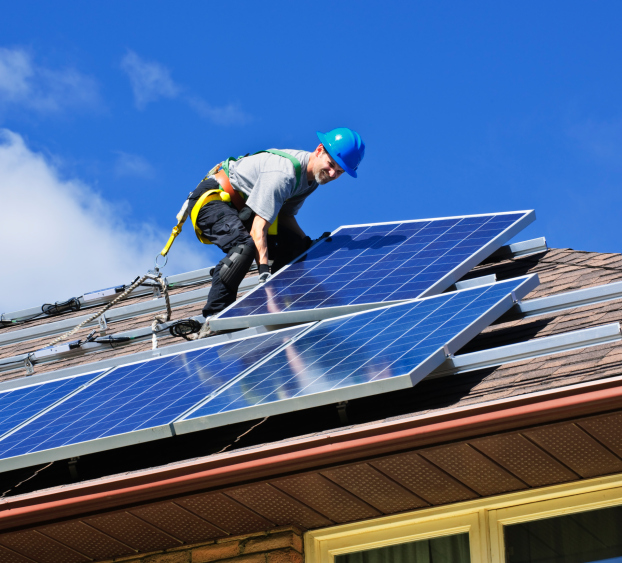
When Suntech defaulted on its loans and its Wuxi, China, operations filed for bankruptcy, there was a belief that, in that particularly Chinese way of doing business, the government would ride to the company’s rescue. That did not happen. Instead, ReneSola Ltd. (NYSE: SOL) received a new $51 million loan, a clear signal that Suntech’s $2.3 billion in debts would not be paid. Non-Chinese creditors have claimed $600 million from the company’s U.S.-based parent, and that amount, together with about $2.3 billion in loans from Chinese banks, is the issue in the bankruptcy hearing.
When China’s banks refused to lend Wuxi Suntech any more money, Wuxi’s local government stepped up, forming China’s first asset management company, with the unstated purpose of saving the thousands of jobs at Wuxi Suntech and its local suppliers. This asset management company could be the solar maker’s white knight, but it will have to make Suntech’s non-Chinese creditors satisfied, if not happy.
We have noted before the need for consolidation in the Chinese solar sector and even suggested possible mergers. The most likely acquirers are Trina Solar Ltd. (NYSE: TSL) and JA Solar Holdings Co. Ltd. (NASDAQ: JASO). In addition to picking up the pieces of Suntech, ReneSola and JinkoSolar Holding Co. Ltd. (NYSE: JKS) are the most likely targets. Once a bankruptcy decision is delivered on Suntech, a consolidation could begin in earnest.
The Average American Has No Idea How Much Money You Can Make Today (Sponsor)
The last few years made people forget how much banks and CD’s can pay. Meanwhile, interest rates have spiked and many can afford to pay you much more, but most are keeping yields low and hoping you won’t notice.
But there is good news. To win qualified customers, some accounts are paying almost 10x the national average! That’s an incredible way to keep your money safe and earn more at the same time. Our top pick for high yield savings accounts includes other benefits as well. You can earn up to 3.80% with a Checking & Savings Account today Sign up and get up to $300 with direct deposit. No account fees. FDIC Insured.
Click here to see how much more you could be earning on your savings today. It takes just a few minutes to open an account to make your money work for you.
Our top pick for high yield savings accounts includes other benefits as well. You can earn up to 4.00% with a Checking & Savings Account from Sofi. Sign up and get up to $300 with direct deposit. No account fees. FDIC Insured.
Thank you for reading! Have some feedback for us?
Contact the 24/7 Wall St. editorial team.




